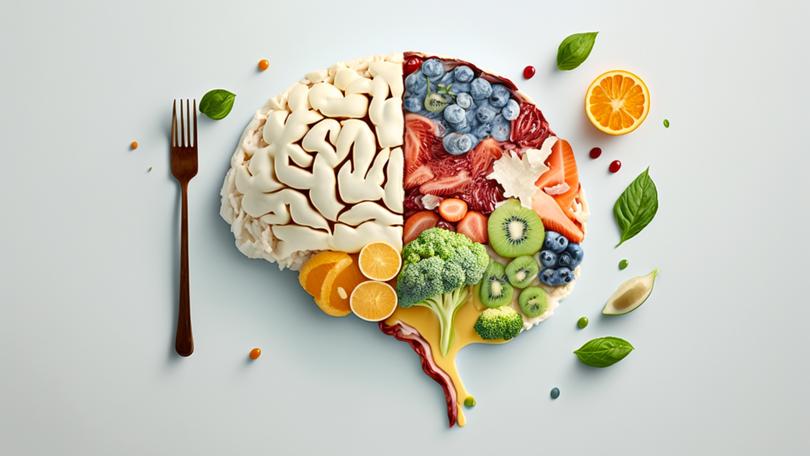CNBC: Harvard nutritionist shares the No. 1 nutrient you need for a healthy brain—and the best way to get it

There is no one-size-fits-all way to prevent dementia. That said, a vast number of studies have isolated certain nutrients that may help prevent the loss of cognitive functioning with age, like perception, attention and decision making.Three types of neuroprotective nutrients have received the most interest from experts like myself: antioxidants, B vitamins, and polyunsaturated fatty acids. Antioxidants combat free radicals that can damage brain cells, B vitamins play an important role in brain cell function, and PUFAs help promote the growth of new brain cells.While supplements can help provide these nutrients, I always tell people to first go to real foods, especially for fatty acids like omega-3s. When you eat a whole food you get additional vitamins, minerals, healthy fats, and protein. It’s a good foundation upon which to build a healthy eating plan.
Omega-3 fatty acids are the No. 1 nutrient for a healthy brain
Omega-3s are found in wild-caught fatty fish like anchovies, sardines, and salmon. Wild Sockeye salmon in particular contains levels of EPA and DHA that are beneficial to our brain’s health.
Sign up to The Nightly's newsletters.
Get the first look at the digital newspaper, curated daily stories and breaking headlines delivered to your inbox.
By continuing you agree to our Terms and Privacy Policy.An average salmon filet in the U.S. is about three to four ounces and the suggested amount to eat per week is about eight. So one should try to get Omega-3-rich fish onto your plate at least twice a week.
If you are like me and don’t eat seafood (I was raised vegetarian), you may be relieved to know it is still possible to get adequate omega-3s from plant-based sources, including:
- Chia seeds
- Sesame seeds
- Walnuts
- Flax seeds
About one ounce of chia seeds is more than your daily recommended intake of omega-3 fatty acids and delivers about 5,000 mg.
If you eat eggs, aim for the pasture-raised kind. Be sure to add turmeric with a pinch of black pepper to optimize the impact for brain health.
It’s important to underline that we can’t out-supplement or exercise our way out of a poor diet. An overall healthy lifestyle with good nutrition, alongside regular exercise, proper sleep, mindfulness, social connections, stress management and lower anxiety, are critical factors to fend off conditions like dementia.
